
Paperback, 282 pages
I am an Amazon Affiliate
Sunrise Over Fallujah by Walter Dean Myers is for readers age 12 and up given the subject matter, though there is less gruesome violence in this book than in other war books. Robin “Birdy” Perry is a new recruit to the Civilian Affairs Battalion from Harlem who finds himself confused as to who the enemy is in Operation Iraqi Freedom. His division’s mission is to secure and stabilize the country, providing medical attention and supplies whenever they can. The confusion begins when civilians begin shooting at them and planting IEDs that blow up their convoys and other Iraqis in the streets.
“I looked to where she was nodding and saw the sun on the horizon and above it a thin red line that stretched endlessly in the distance. There was also sand, rising like a shadow with shifting shades of dark brown and orange, coming toward us. Cameras were brought out and guys stepped away from the trucks to get clear pictures.” (page 45)
Birdy’s got a crush on Marla, and he’s fast friends with Jonesy, who wants to own a Blues club when he gets out of the military. Told in first person point of view, readers are limited to what they know about the war until Birdy becomes aware. Unlike hand-to-hand combat or even WWI and WWII, the war in Iraq is more impersonal, as the enemy is often obscured by the lack of knowledge Americans had about the factions in the country or the bombs they detonate without being in close proximity.
Myers’ characters are a bit stereotyped in this novel, with the macho tough girl, Marla, and the laid back Jonesy. And there are moments when Birdy’s reading the newspapers to get information about the war, which seems incongruous with the availability of the Internet and television in the Green Zone, where he spends most of his time. Much of the story centers on Birdy’s fears about being in combat and worrying whether he’s good enough to be a soldier. Once he becomes a little more comfortable in his skin, he worries about whether he’s doing a good job or accomplishing the mission — but then the team is ambushed or bombed and the fear becomes real.
Sunrise Over Fallujah by Walter Dean Myers is a good introduction for young readers to the realities of war without being overly gruesome. Myers examines the camaraderie between soldiers, the mixed up feelings that war stirs up, and confusion of war in the modern world.
About the Author:
Walter Dean Myers is an African-American writer of children’s books best known for young adult literature. He has written over fifty books including picture books and nonfiction.

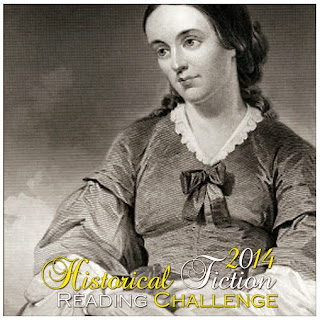


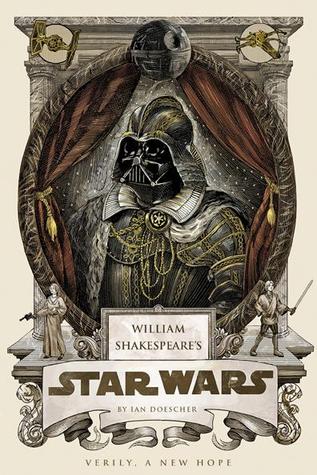
 About the Author:
About the Author:
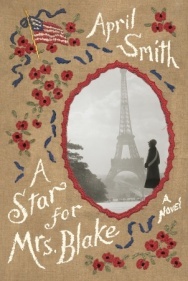


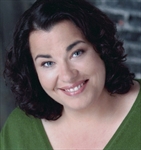 About the Author:
About the Author: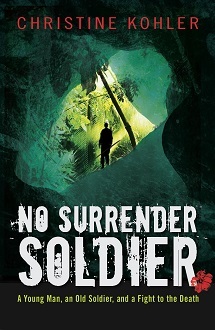

 About the Author:
About the Author: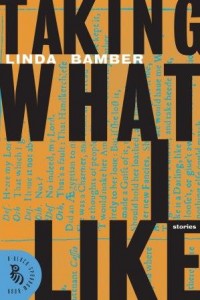
 About the Author:
About the Author:


